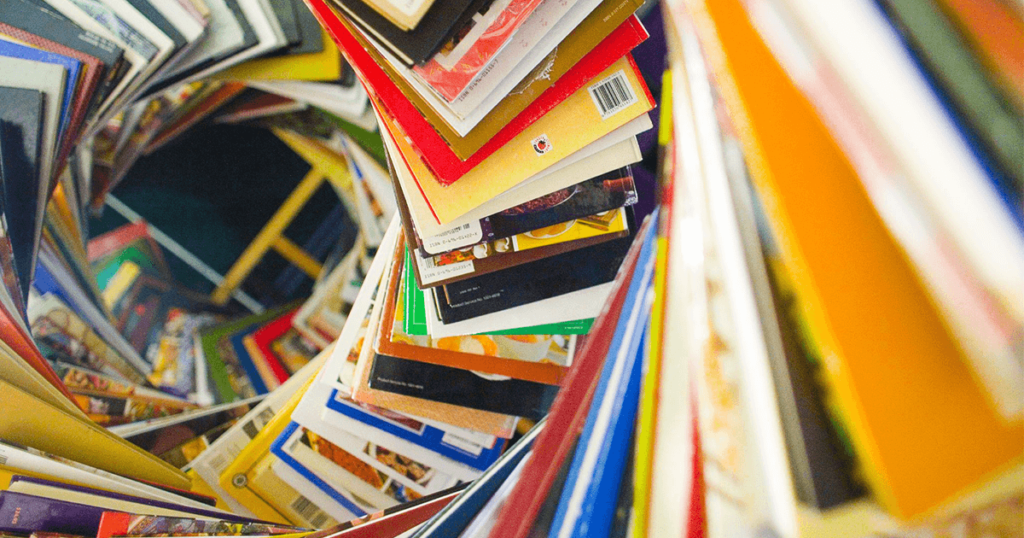
The late fashion designer Karl Lagerfeld had a legendary home library in Paris, reportedly totaling an astonishing 250,000 volumes. The Italian author Umberto Eco possessed a mere 30,000 books, which he calculated would still amount to an impossible amount of reading for one lifespan. (If he were to read one book a day, every day, between the ages of 10 and 80, he would only get to about 25,000.) I wrote a book, in part, about my experience growing up in my father’s library in New Jersey, comprising at least 15,000 volumes and covering every wall and surface in sight—including in the bathroom, kitchen, garage and attic. One might be able to read 15,000 books in a lifetime, but it would be a gargantuan task.
My wife and I have amassed between 2,000 and 3,000 books, after some trimming, and the process of unpacking and reshelving them during a recent move reminded me of the daunting number of our books that we have not read and may never read.
But a recent Twitter thread that referenced an article discussing a passage in Nassim Nicholas Taleb’s The Black Swan put me at ease. As Taleb writes:
Read books are far less valuable than unread ones. The library should contain as much of what you do not know as your financial means, mortgage rates, and the currently tight real-estate market allows you to put there. You will accumulate more knowledge and more books as you grow older, and the growing number of unread books on the shelves will look at you menacingly. Indeed, the more you know, the larger the rows of unread books. Let us call this collection of unread books an antilibrary.
We can call it that, an anti-library, but it turns out there’s an even better word in Japanese: tsundoku, or “a stack of books that you have purchased but not yet read,” writes a Sacramento bookstore employee named Kevin Mims in The New York Times. He continues:
A person’s library is often a symbolic representation of his or her mind. A man who has quit expanding his personal library may have reached the point where he thinks he knows all he needs to and that what he doesn’t know can’t hurt him. He has no desire to keep growing intellectually. The man with an ever-expanding library understands the importance of remaining curious, open to new ideas and voices.
I did read On the Genealogy of Morality, and Nietzsche wrote that everything is perspectival. I’m happy to view things that way if it means I can keep buying books.

